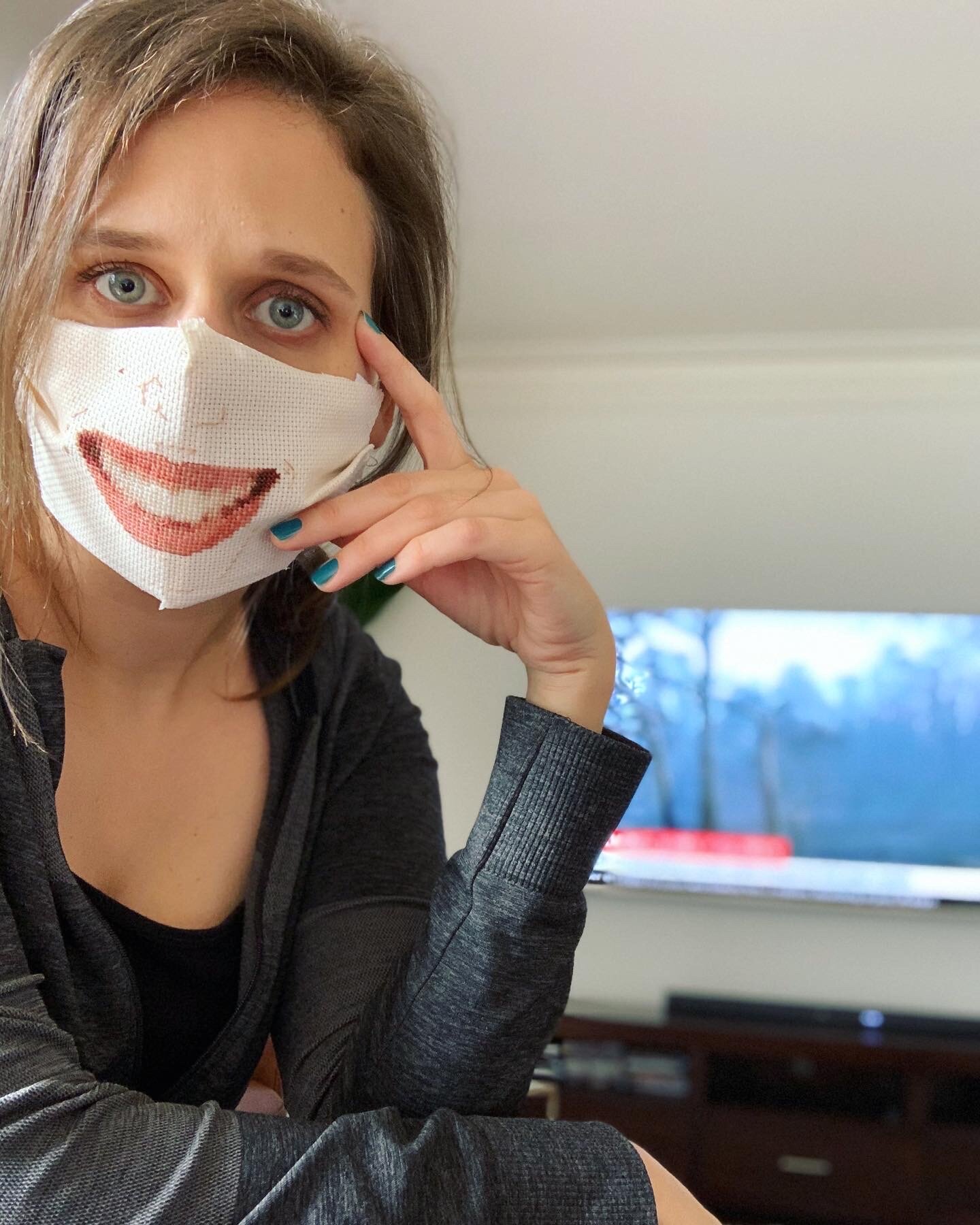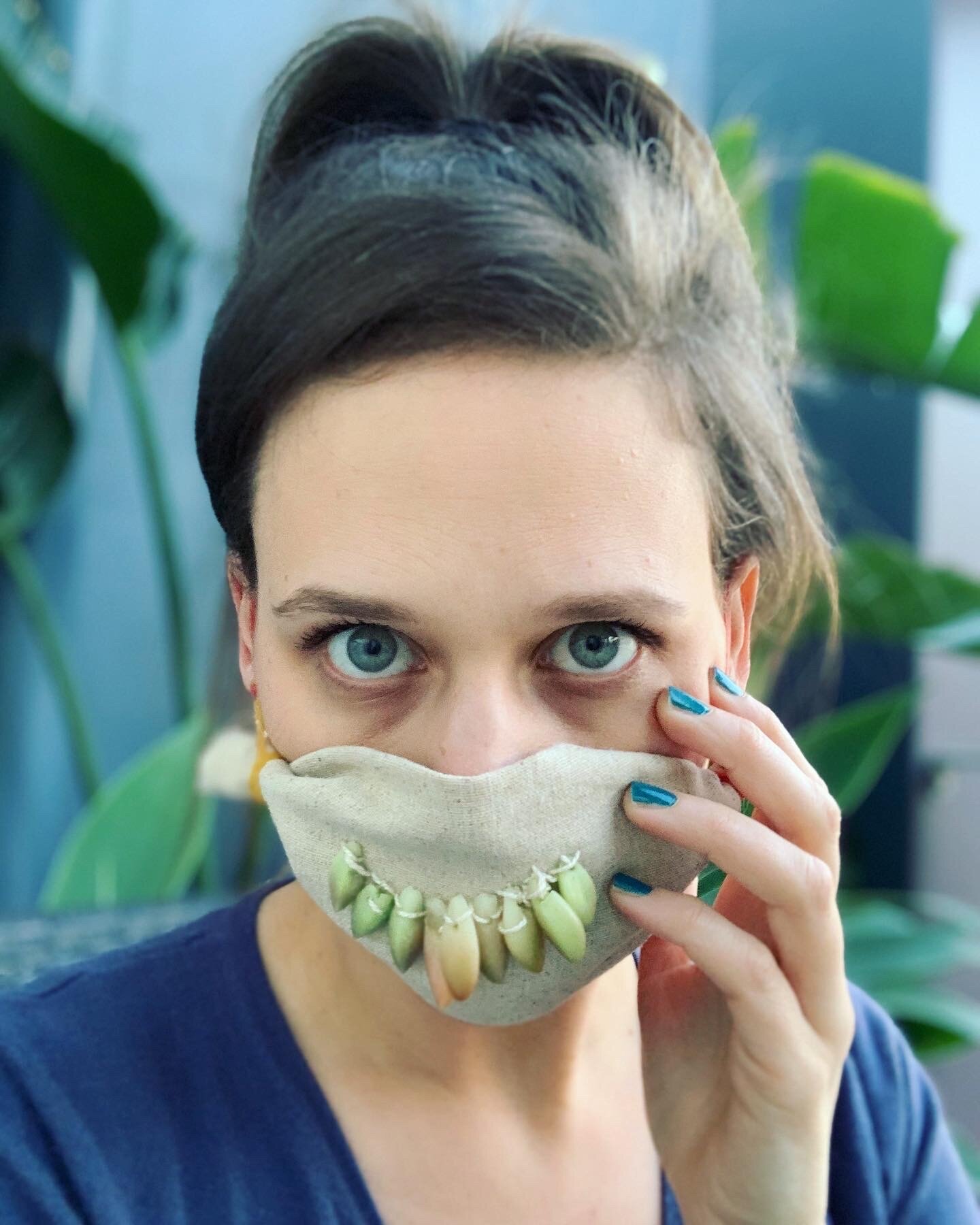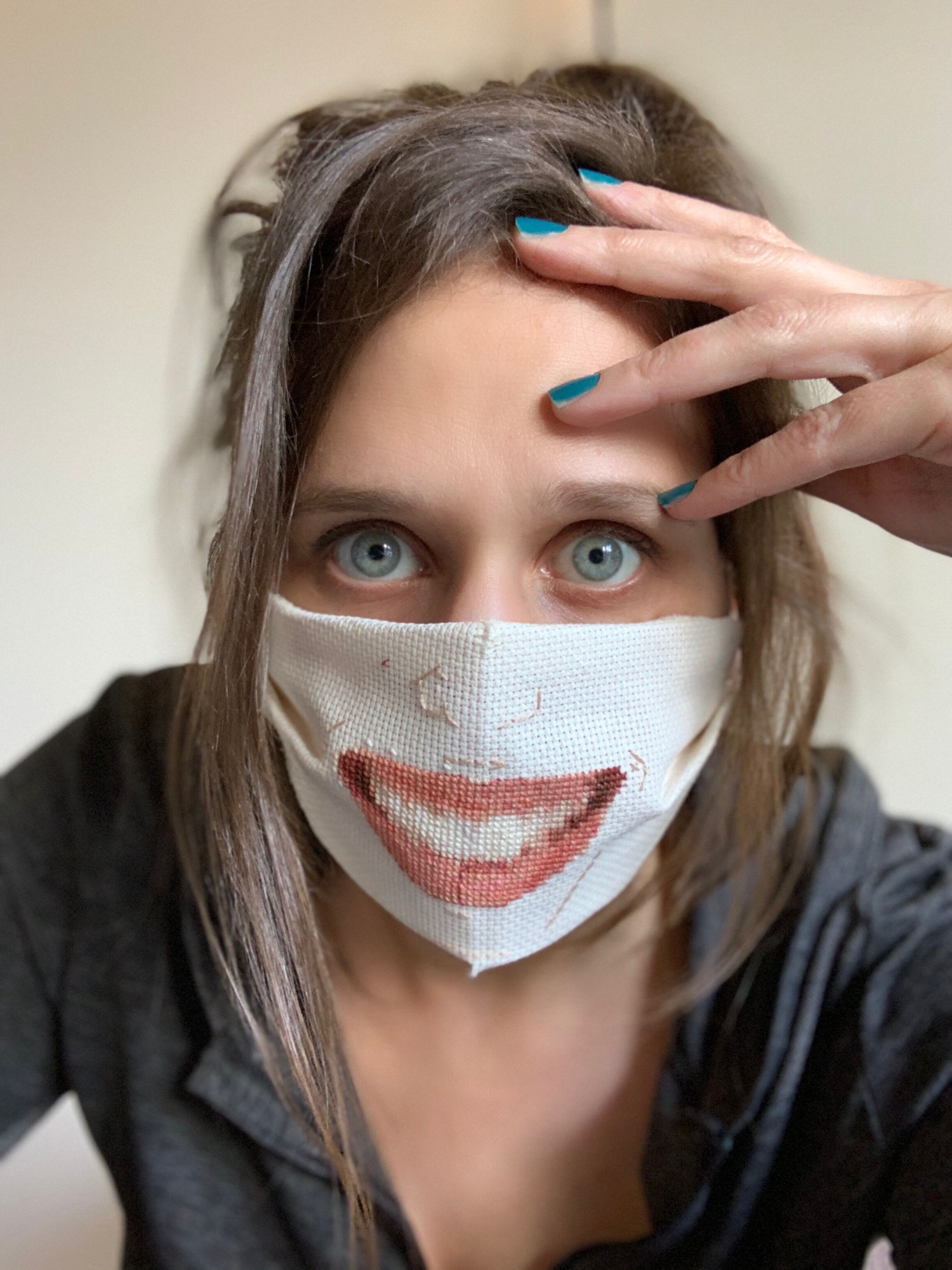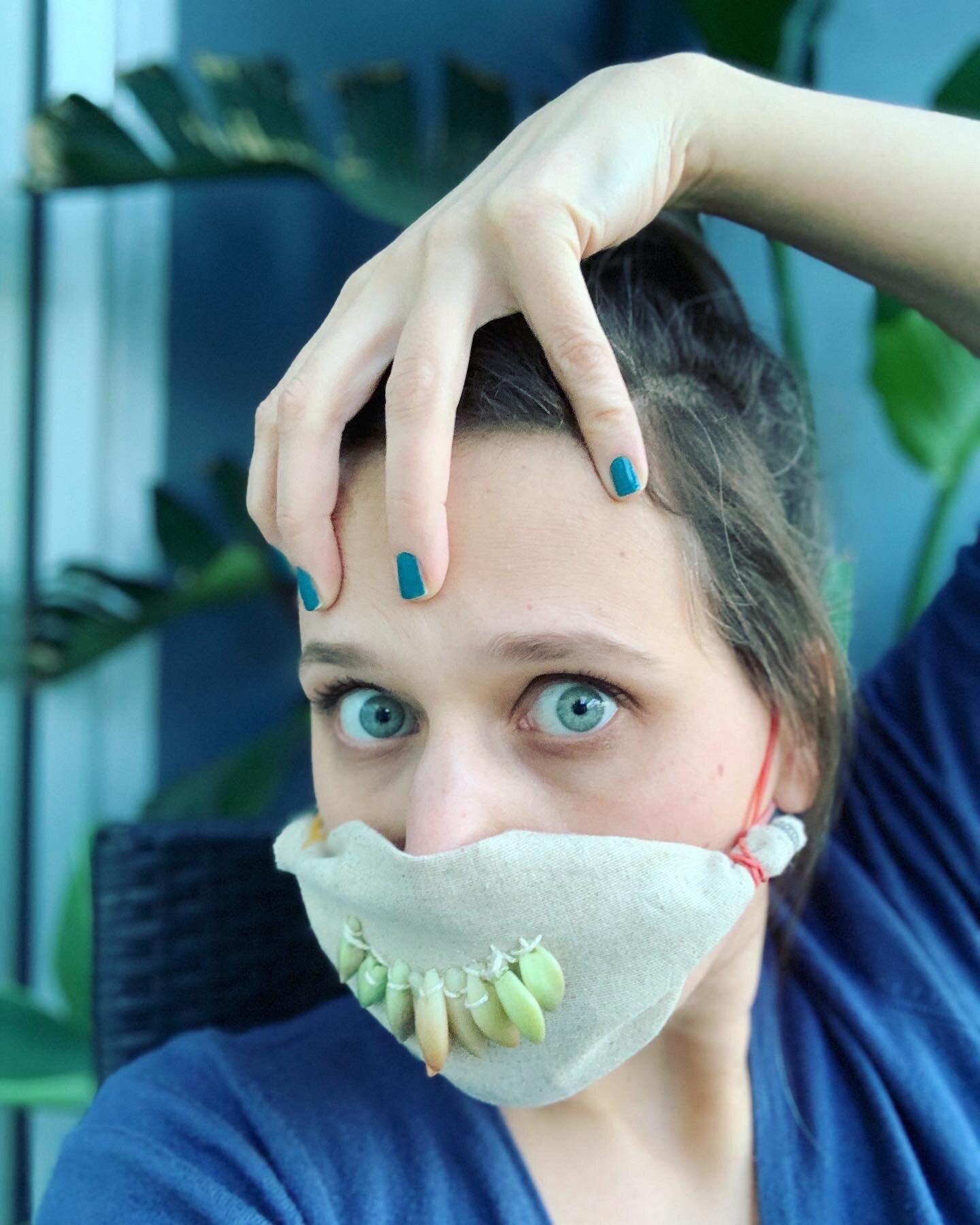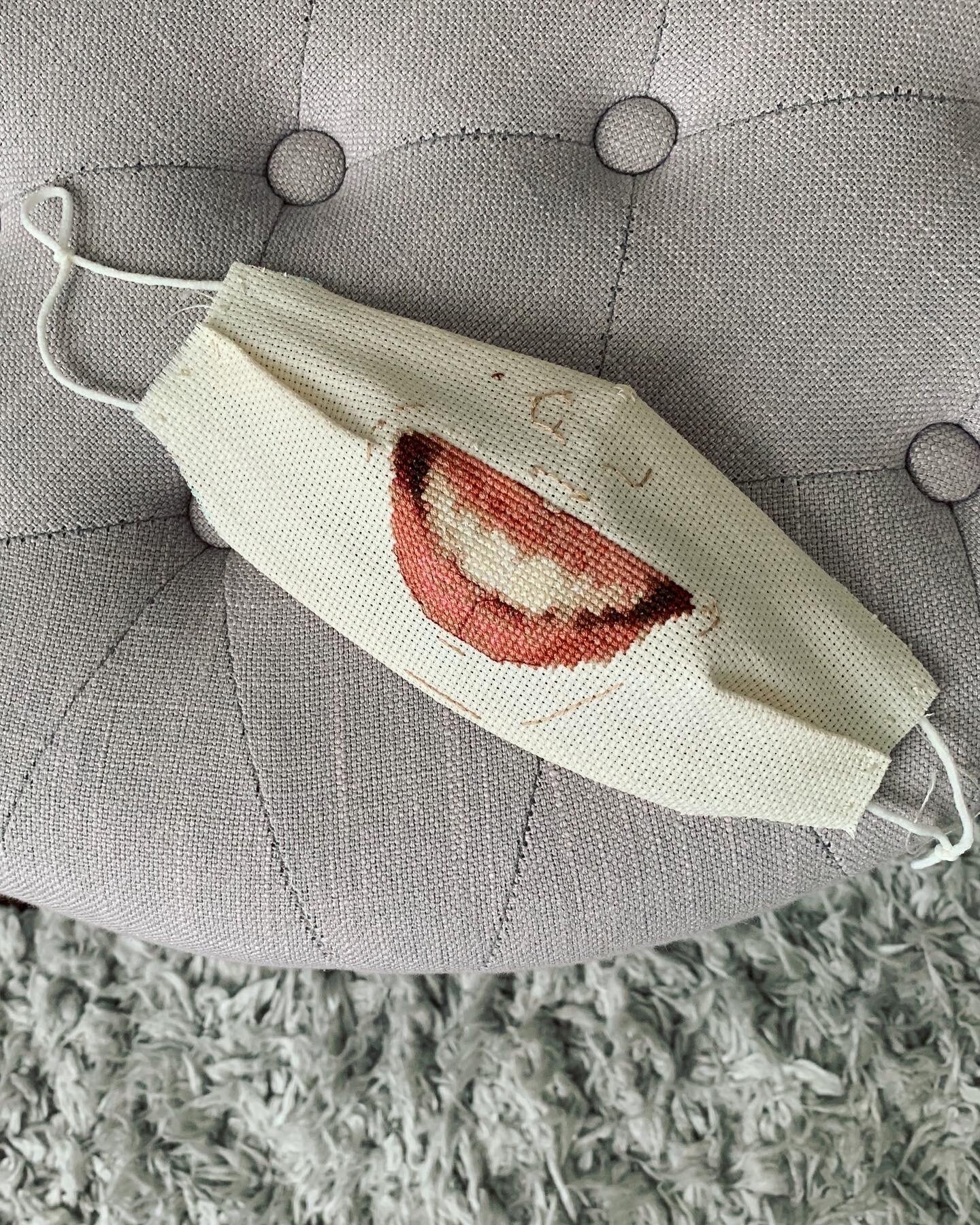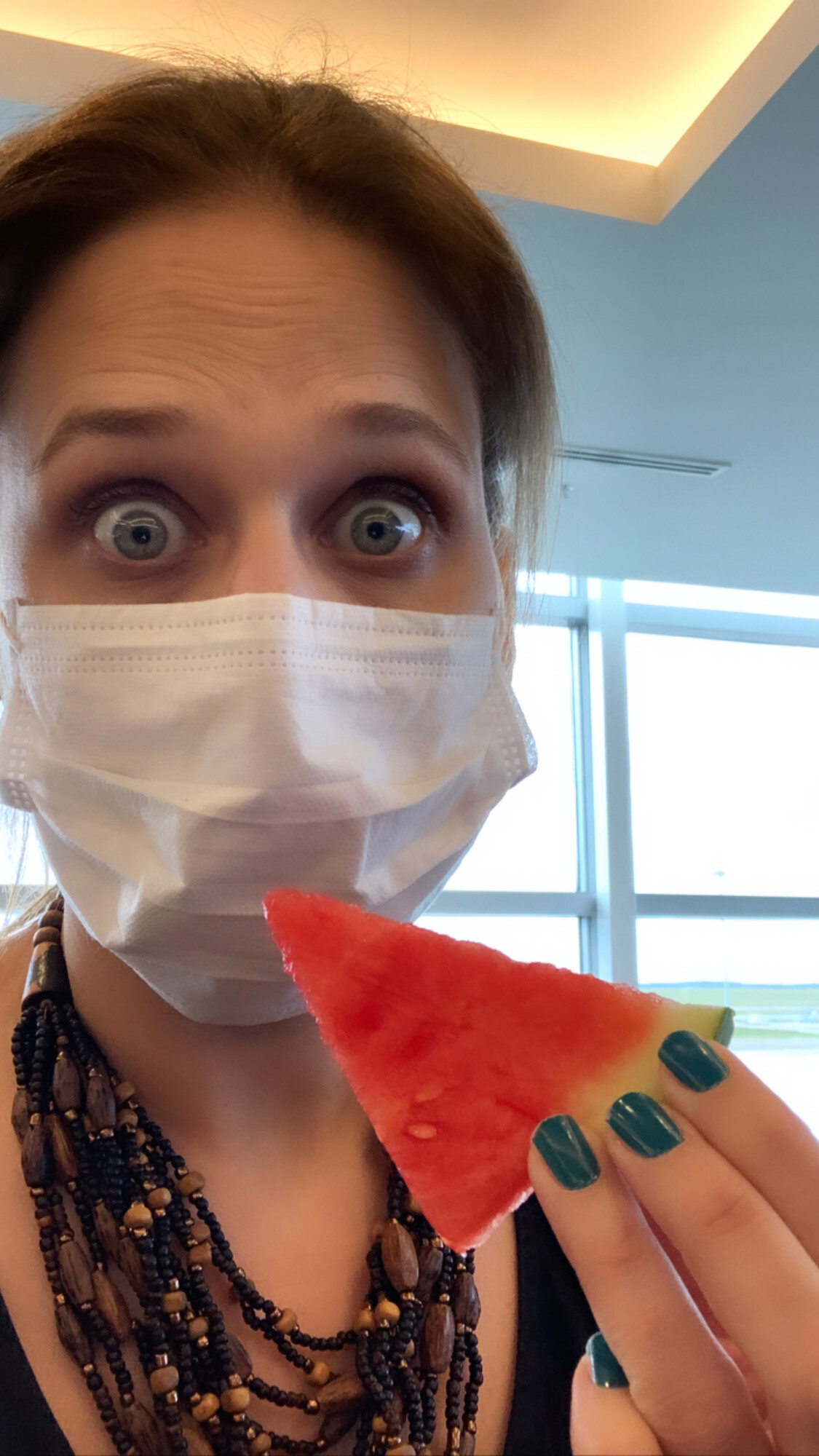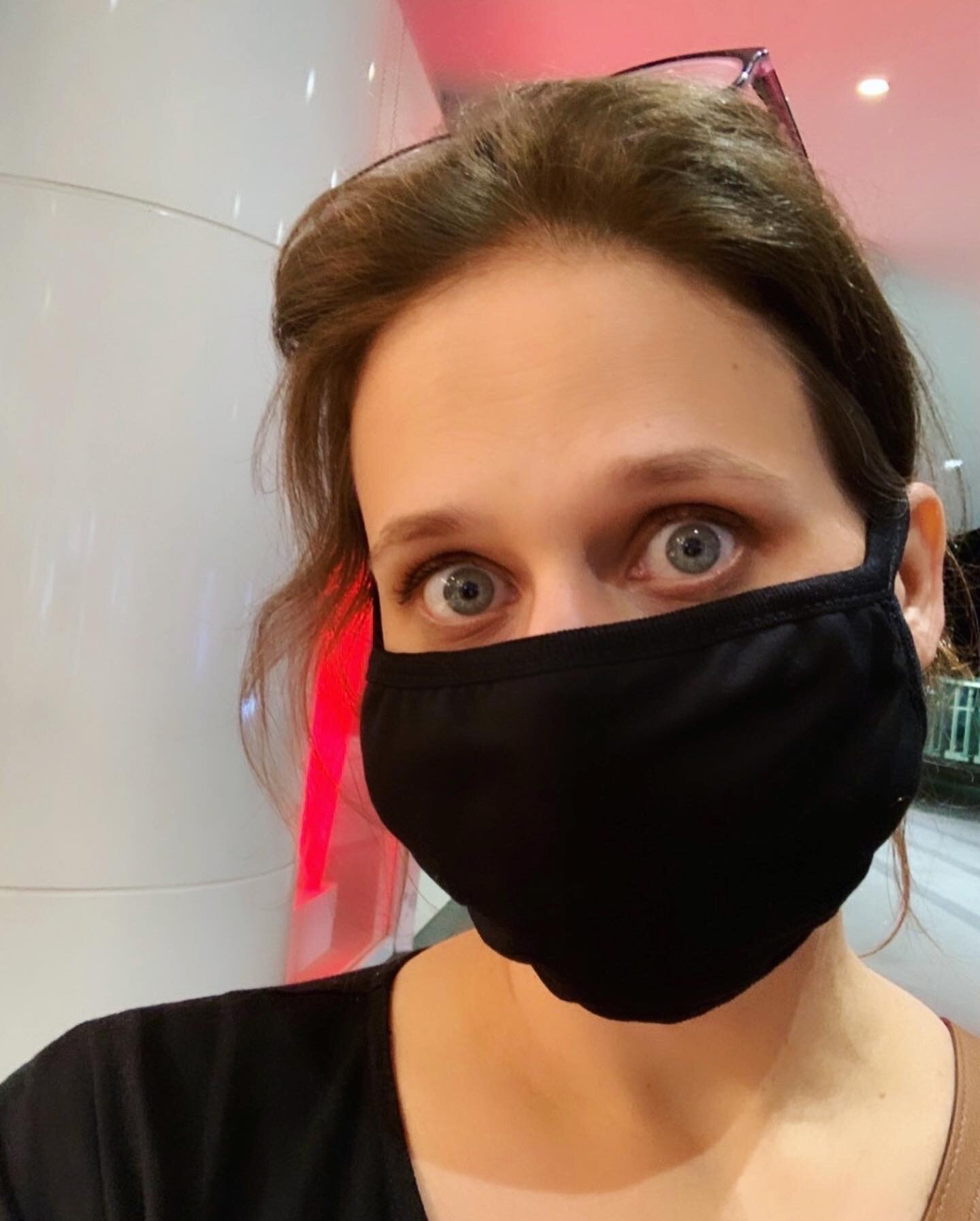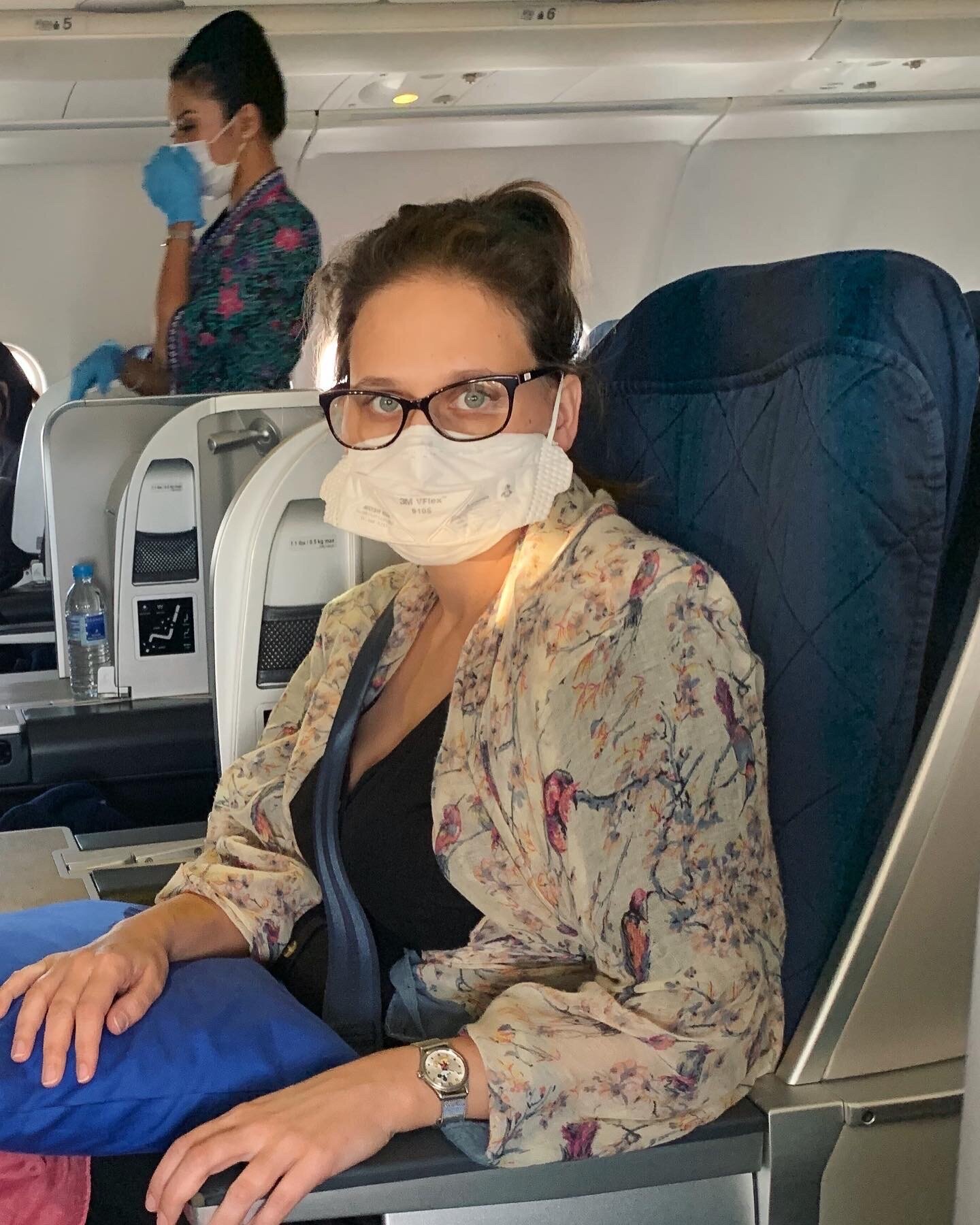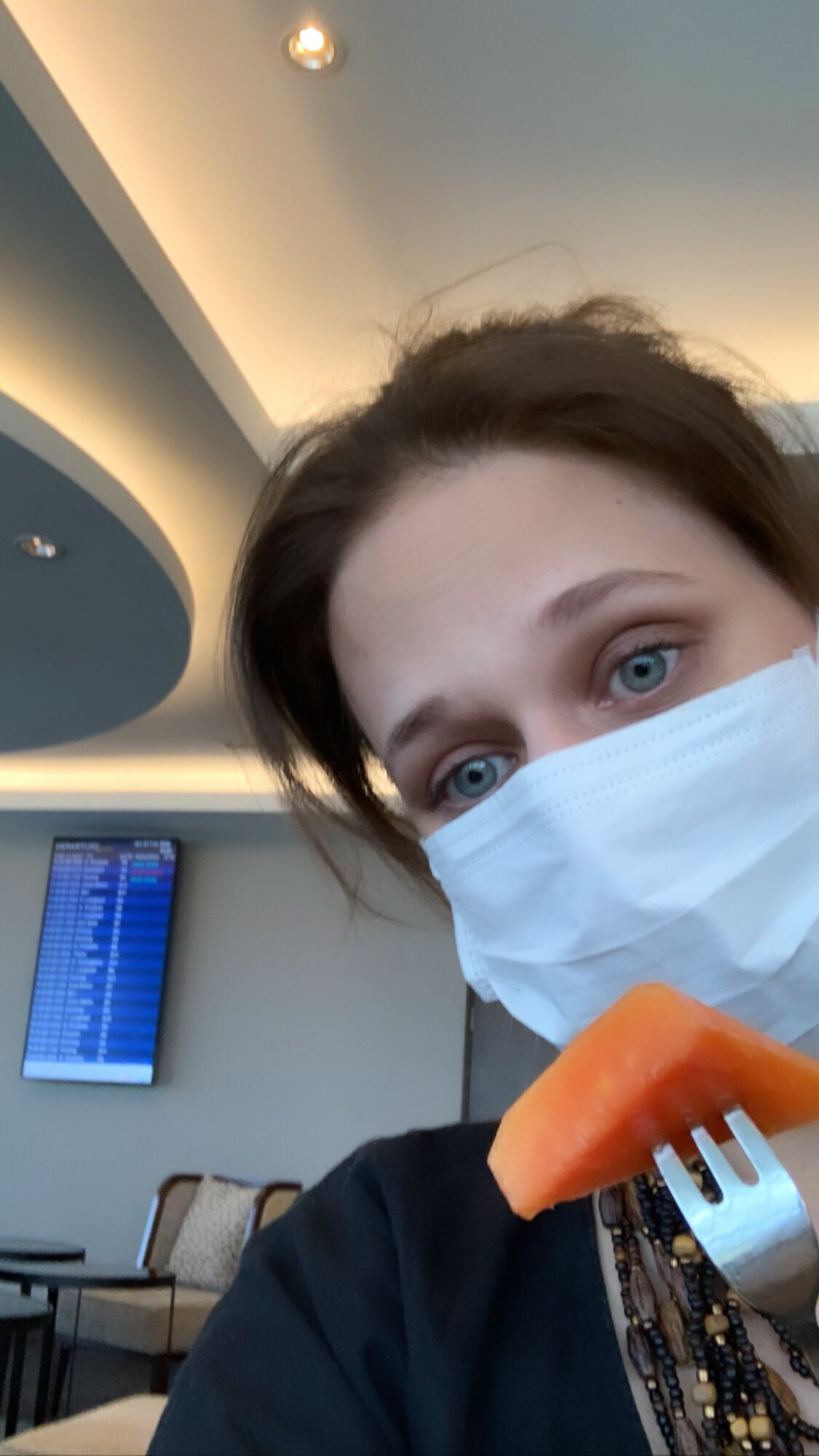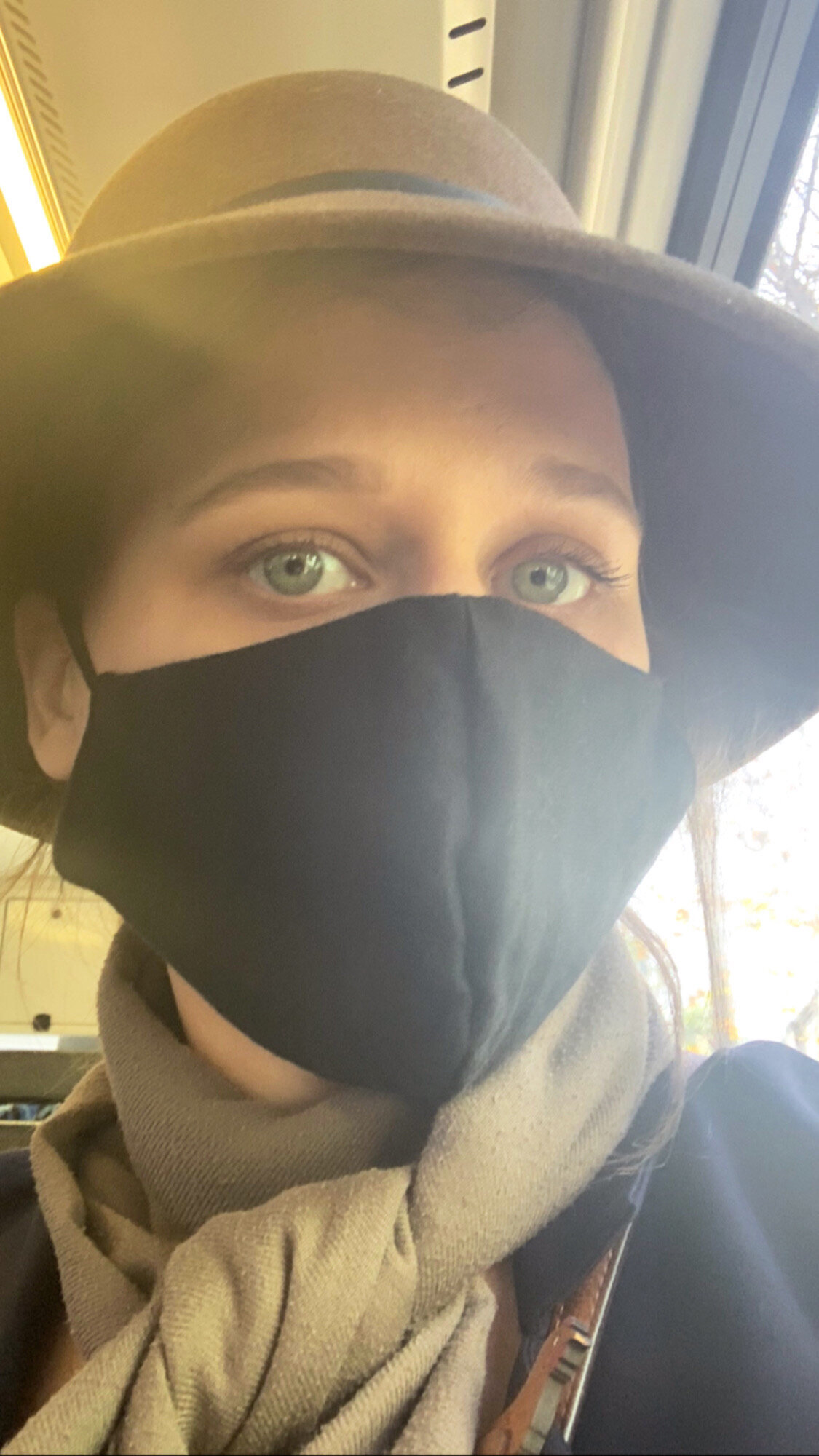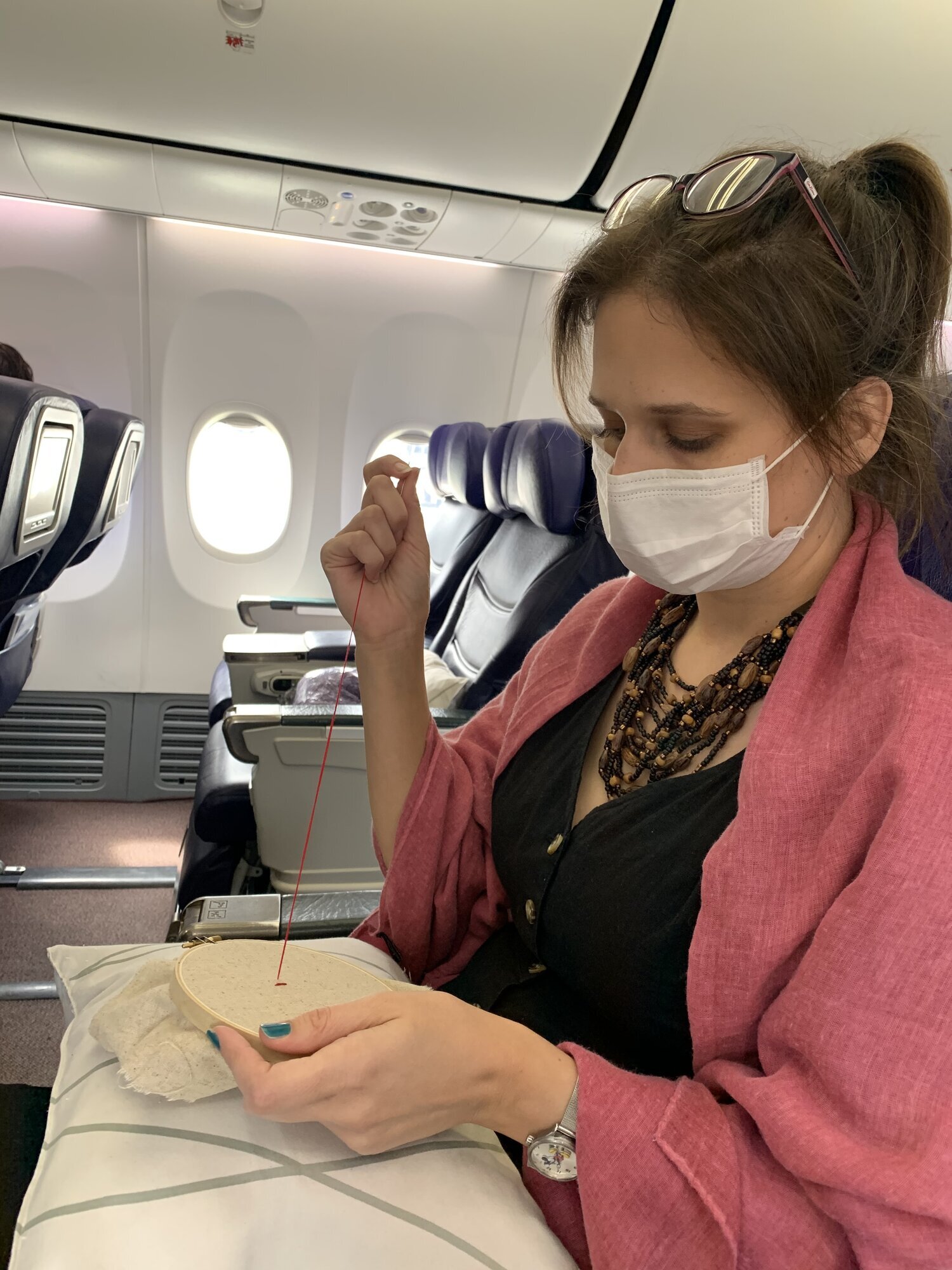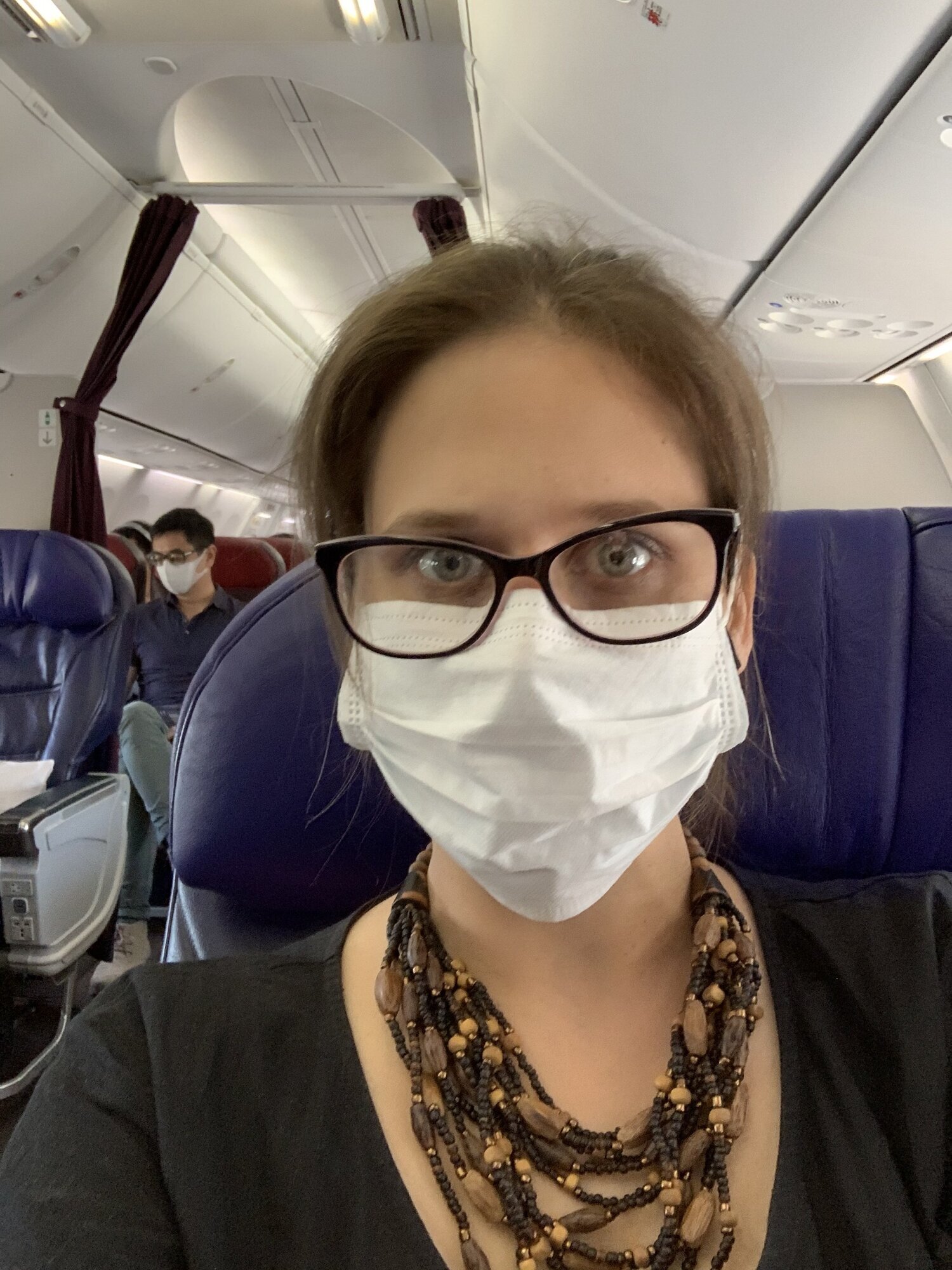In recent years I have spent much of my time in South East Asia where mask-wearing is culturally expected; coming from a non-mask wearing culture, I noticed something peculiar… we smile with our eyes.
The World Health Organisation has recommended that masks be worn in places where individuals are unable to physically distance themselves. Some people have expressed their concern that they won’t be able to see facial expressions… particularly smiles.
This brought to mind the concept of ‘smiles’… not just as a physical expression.
I thought about the joy of not having random men on the street tell me that I “should smile more” or that I’d be so pretty if I “just straightened my teeth”.
I looked into inclusivity and how the growing need to wear masks can marginalise the deaf and hard of hearing, many of whom rely on lip-reading to communicate and what we can do as a community to ensure that we have avenues of communication available to all of us. Not all deaf people sign but I do wonder why Auslan is not taught is schools. Apart from English, I learned a number of languages at school… I had classes German, Italian, French and Macedonian (my school had a large Macedonian population). I no longer remember any of those languages and am not sure that Auslan would be any more memorable longterm. But Auslan classes do seem to make sense on a number of levels, they would be indirect lessons in inclusivity, helpful for Kinesthetic learners and reinforce a message that inclusivity is important for a functioning society.
EXPERIENCES OF EXPRESSING EMOTIONS WHILE MASKED
In many parts of Asia, it is common to wear a mask in times of high pollution and when you are unwell as a courtesy to those around you. I repatriated in March 2020 and it was actually strange for me when I was released from quarantine to see people not wearing masks… during a pandemic.
In January 2020, while we were dealing with what was then known as a “Novel Corona Virus” mask-wearing was not uncommon even before it was mandated. While travelling on public transport in Kuala Lumpur, I noticed very quickly that when I smiled at people, they smiled back... despite us all wearing masks. We smile with our eyes, with our posture; such is the strength of non-verbal communication.
Other emotions are apparent too, pictured below on the 16th March, 10pm in Penang, this is my expression after an attempted mugging. When I took this photo I didn’t know that this incident would rank third in the list of messed up stuff that would happen that evening. Hurriedly (and sadly) left Malaysia a few days after this.
And a little fun with fruit at the airport in February after an announcement to wear a mask at all times.
Masks became the new normal on flights; my studio in the sky.
The final repatriation flight when things were getting “real”
And now, on public transport in Sydney…
As you can see in all of these photographs… emotions are evident because we use more than our mouths to communicate.
Getting back to smiles…
A smile can be so many things, it can be what you offer others, it can be a lie or an expression of joy. A smile is a form of communication… even when covered.
ADDITIONAL RESOURCES:
Dr Paul Ekman is a psychologist who has dedicated over 50 years of his research into hidden emotions including the Science of Smiling.
New Scientist article on the Duchenne Smile
Jessica Kellgren-Fozard is a deaf and disability advocate, here she discusses how window faced masks, though helpful for expressing emotions and some communication are not a panacea for our deaf and hard of hearing friends.
Want to learn a few basic Auslan signs? Here is the Auslan Signbank Dictionary to help get you started. It’s also helpful, to carry a paper and pen or you can communicate with the notes app on your phone (careful to be COVID safe and not to hand your phone over)
A great little article by Dr Jo Lane, research fellow, clinical and cognitive psychologist at the Research School of Population Health, ANU about social cues and the benefits of smiling even behind a mask.
Ros Ben-Moshe, Director, LaughLife Wellbeing Programs and an adjunct lecturer at La Trobe University’s School of Public Health and Psychology, author of 'Laughing at cancer - How to Heal with Love, Laughter and Mindfulness' ABC-Life Matters
Smiling Meditation with Ros Ben-Moshe
